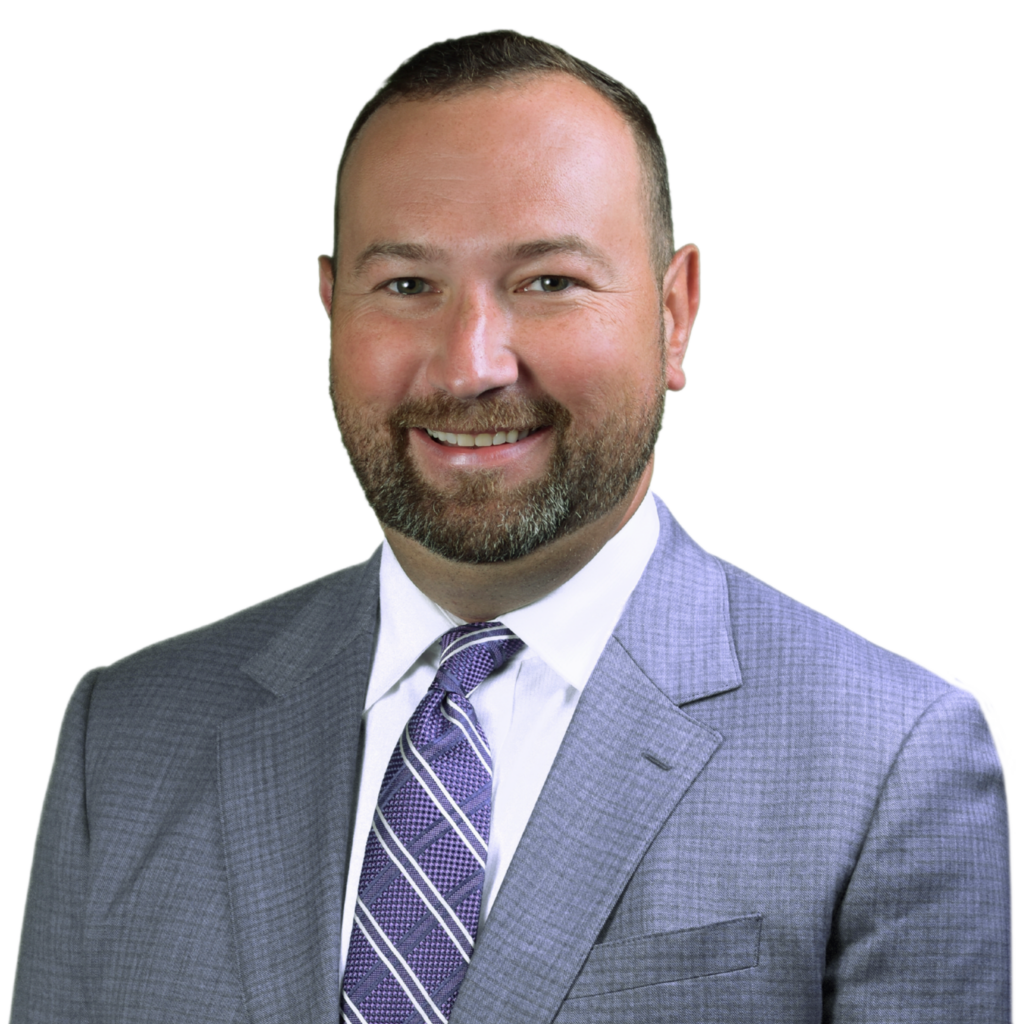The Small Business Administration (SBA) has extended the repayment deadline for Paycheck Protection Program (PPP) borrowers that wish to take advantage of the “good faith” self-certification of eligibility option. The deadline is now automatically extended from May 7, 2020, to May 14, 2020.
Along with the deadline extension, the SBA (in its FAQ) also committed to issuing additional guidance on what they will be looking for when reviewing the needs certification. This additional guidance will provide us with more clarity on the issue and give businesses time to make an evaluation of whether or not they should take advantage of the safe harbor deadline of May 14, 2020 and return the loan.
Companies that repay their loans by that date preempt the possibility of criminal liability if they’re subsequently found ineligible for PPP loans. The loans are intended to help small businesses with fewer than 500 employees weather the novel coronavirus (COVID-19) pandemic, but some large and publically held companies have applied for and received funds.
Extended safe harbor
In April 2020, the U.S. Treasury and the SBA issued frequently asked questions (FAQs) on PPP loans. One question asks whether businesses owned by large companies with adequate sources of liquidity to support their ongoing operations qualify for PPP loans.
The SBA explained that — in addition to reviewing applicable affiliation rules to determine eligibility — all borrowers must evaluate their economic need for a loan under the standards in effect at the time of the loan application. The standards are set by the Coronavirus Aid, Relief and Economic Security (CARES) Act, which established the PPP, as well as subsequent regulations.
Among other things, borrowers must certify that their PPP loan request is necessary. Specifically, they must certify that “current economic uncertainty” makes the loan necessary to support ongoing operations. The certification must be made in good faith, taking into account the borrower’s current business activity and ability to access other sources of liquidity in a way that’s not “significantly detrimental” to the business.
The FAQs originally provided that any borrower that applied for a loan prior to April 24, 2020, and repays the funds in full by May 7, 2020, would be deemed by the SBA to have made the certification in good faith. As of May 5, 2020, though, the FAQs have been revised to reflect an extension of this safe harbor to May 14, 2020. The extension will be automatically implemented, with no need for borrowers to apply.
Potential criminal liability
Companies that don’t take advantage of the safe harbor and are later found ineligible for the PPP could face criminal liability, according to Treasury Secretary Steven Mnuchin. The loan application notes that making a false statement to obtain a guaranteed loan from the SBA is punishable by imprisonment of up to five years and/or a fine of up to $250,000.
A borrower that falsely self-certified also could be subject to criminal or civil liability under the False Claims Act (FCA). The FCA permits treble damages, or triple the amount of the government’s actual damages, as well as civil penalties, imprisonment up to five years and a fine up to $250,000 for criminal liability.
While the thought of criminal liability may scare many businesses, we want to continue to reiterate that the intent of the legislation was to maintain employees and payroll during this crisis. We believe that most privately held, small businesses, will not have many issues and are not the target. However, public scrutiny of the use of these funds is real, but don’t be afraid of it as long as you use the loan for its intended purpose.
Your Questions, Answered.
VonLehman experts have compiled a COVID-19 Resource Center to keep you up-to-date with breaking developments. Here, you can find resources to help you navigate these difficult times. For any questions related to this article, contact Emir Hodzic at ehodzic@vlcpa.com or 800.887.0437.


